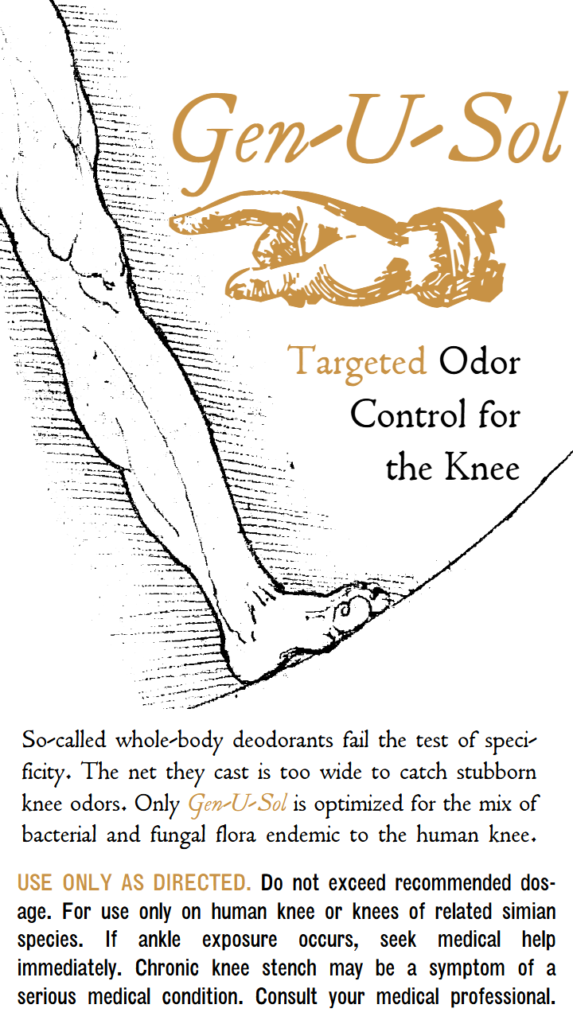Sir: I was just in the public library this afternoon. Now, I would not like it to be supposed that I am in the habit of frequenting such dens of iniquity. In fact I had the wrong address: I was looking for a massage parlor. But anyway, once I was there, I found a table right inside the door with a prominent display of “banned books.”
There were two appalling things about this display, and I shall enumerate them from 1 to 2.
First (1.), the so-called ban on these books is completely ineffectual. I mean, it said right on the sign that these were banned books, but there they were in the public library, a place that is by definition not only a library but also public. Whatever bureau or authority or subcontractor was responsible for banning these books botched the job completely, and everybody involved should be fired.
But second (2.), and more appalling, these books were mostly fiction, much of it by recognized fictionmongers like Mark Twain and Daniel Defoe. Fiction is by nature harmless, because we know it is not true. There is a kind of implied contract between the author and the reader, under which the author agrees to narrate events that never happened, and the reader agrees not to expect anything true in the book. Whoever tried to ban these books had no understanding of what makes a book dangerous, and therefore should not be attempting book-banning at all. What makes a book dangerous is truth, and books that contain true assertions, and especially books that encourage their readers to act on those asserted truths, are the ones that need to be banned.
Since it is obvious that the people in charge of banning books are incompetent, I have taken it upon myself to devise a list—not of books to be banned, since new books are still being produced and may continue to be produced in the future, but rather a list of criteria by which it may be determined which of all present and future books are to be prohibited. In making my list I have assumed that the goal of banning books is to preserve good order and to promote correct Christian religion.
Therefore, I would begin by banning all books that teach the principles of arithmetic. It is an axiom of both good order and good religion that the duly elected governing powers are to be respected and obeyed, but obedience is difficult and respect impossible when anyone who knows how to operate a pocket calculator can prove that the duly elected governing powers are all dunderheads. Therefore it is necessary that the young people of the future should be ignorant of the basic principles of mathematics. Fortunately we have already made great strides toward that goal, but all our progress in ignorance could be undone by a few deviously well-edited books.
Second, I would ban all books that teach science, such as physics, chemistry, astronomy, and above all biology. If our young people get their heads filled with such seductive certainties as science promotes, they will begin to suggest or even demand that matters of public policy should be decided on a scientific basis, which once again would put an end to respect and obedience.
Finally, I would ban the Bible, at least in its unexpurgated form. Can anything be more contrary to good patriotic American Christianity than the teachings of Christ? Could our virtuous and correct capitalist system survive if our young people took “woe unto you that are rich” seriously? Is there any more direct assault on the very idea of order than “the last shall be first, and the first last”? If we must have Bibles, let them be purged of such anti-Christian rabblerousing. But it is my belief that most good and honest Christians buy Bibles only to display the bindings and would never think of opening the book. My suggestion, therefore, would be to use the space inside the binding for something other than pages, such as candy or a flask of bourbon. In fact the same could be done with the other books on our banned list, and thus honest booksellers could continue to peddle their wares without spreading the contagion of dangerous ideas.
Your readers may have noticed that I have left books of history off the list. That is a conscious omission, since experience has proved that no one ever learns anything from history.
At any rate, the book-banning business is obviously in need of a thorough reform, and I believe my suggestions, if they do not solve every problem posed by the menace of nonfiction books, would at least go a long way toward reassuring honest and patriotic citizens that the problems are recognized and are being addressed by competent authorities.
Sincerely,
Arvin L. Finial,
Library (the town)




